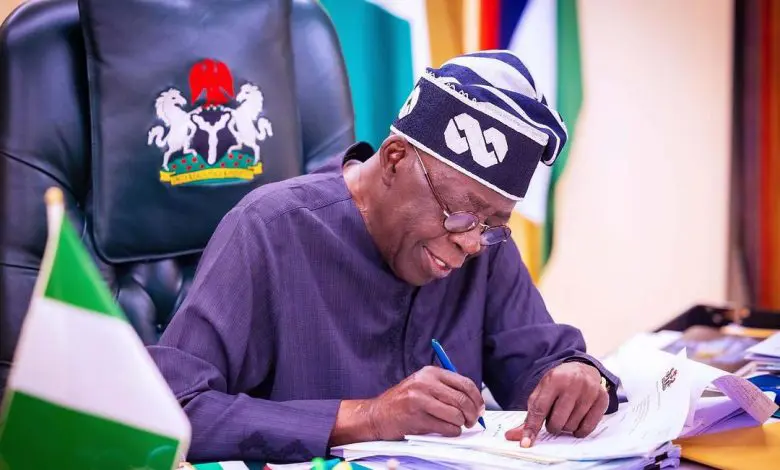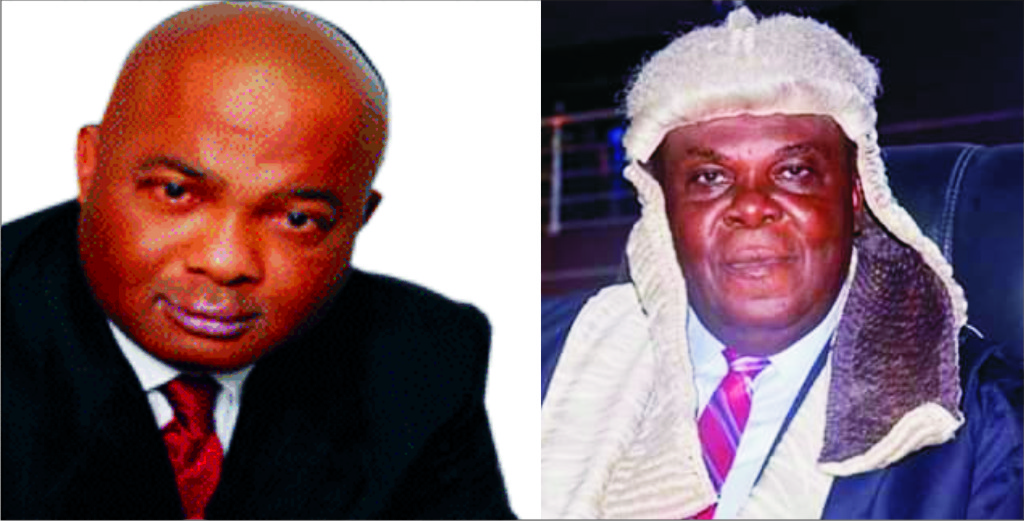Bianca Ojukwu’s appointment as Minister of State for Foreign Affairs by President Bola Tinubu has sparked widespread reactions across Nigeria. While the announcement has been celebrated by many, especially within the Igbo community, several issues and concerns have emerged in the discourse surrounding her new role:
Political Symbolism vs. Meritocracy
One of the key debates centers around whether Bianca’s appointment is purely symbolic due to her status as the widow of the late Emeka Ojukwu, a revered Igbo leader, or if it is based on merit and her track record as a diplomat. Critics argue that her selection may be more about political appeasement of the Southeast region, given her family’s stature, than about qualifications. Although she has diplomatic experience as Nigeria’s Ambassador to Spain, some believe that more qualified candidates could have been chosen for this important role.
Regional Representation and Political Balancing
While her appointment has been applauded for boosting Igbo representation in Tinubu’s administration, questions remain about whether it is part of a larger strategy to calm regional tensions or gain political favor. The Southeast, which historically has had strained relations with the federal government, may see this as an effort to pacify calls for greater inclusivity in national politics. Some see this as a positive move, while others argue it could be a token gesture lacking substantial impact.
Appointment of a Minister of State
As a Minister of State, Bianca Ojukwu would be serving in a junior role within the Ministry of Foreign Affairs, raising concerns about how much influence and decision-making power she will have. Critics point out that the title of “Minister of State” often comes with limited autonomy, and her role might be more ceremonial than substantive. This has sparked debate about whether her skills and experience would be fully utilized in this position.
Political Divisions and Criticism from Opposition
Bianca’s appointment may also face opposition from political figures who question Tinubu’s choice, arguing that it is more of a political favor to the Southeast or an attempt to win over Ojukwu’s supporters. Furthermore, critics from other regions may see her appointment as preferential treatment, especially in light of Nigeria’s complicated political landscape where balancing ethnic and regional interests is a constant challenge.
Gender Dynamics and Challenges
As a woman in Nigerian politics, Bianca Ojukwu’s appointment comes at a time when there is a growing demand for greater gender representation in governance. While this is a positive development for gender inclusivity, there are concerns about how effective she can be in a male-dominated cabinet and whether she will be empowered to make impactful decisions. The challenges faced by women in such positions of authority in Nigeria’s political system should not be underestimated.
Continuity of Ojukwu’s Legacy
There are conflicting views on whether Bianca’s role in government can continue her late husband’s legacy of championing Igbo rights. Some supporters believe her appointment honors the legacy of Emeka Ojukwu, a prominent figure in Nigeria’s political history, particularly regarding the civil war and the fight for Igbo self-determination. Others argue that her role as Minister of State may not afford her the platform to advocate for Igbo’s interests as much as her husband once did.
Perception of Tinubu’s Broader Strategy
There is speculation that this appointment might be part of President Tinubu’s broader strategy of balancing power among Nigeria’s various regions to build a coalition of support. This has led to questions about whether such appointments are genuinely about governance and merit or are primarily driven by political calculations to secure future electoral support, particularly from the Southeast.
READ ALSO: Why Will the FCT Minister Build Houses for Judges in Abuja?
In summary, while Bianca Ojukwu’s appointment has been widely praised for its symbolic value, it also brings several underlying issues, ranging from regional and political balancing to questions about her influence and the continued legacy of her late husband. As the Senate considers her confirmation, these issues will likely remain at the forefront of public discourse.
- By Ken Gbados.








